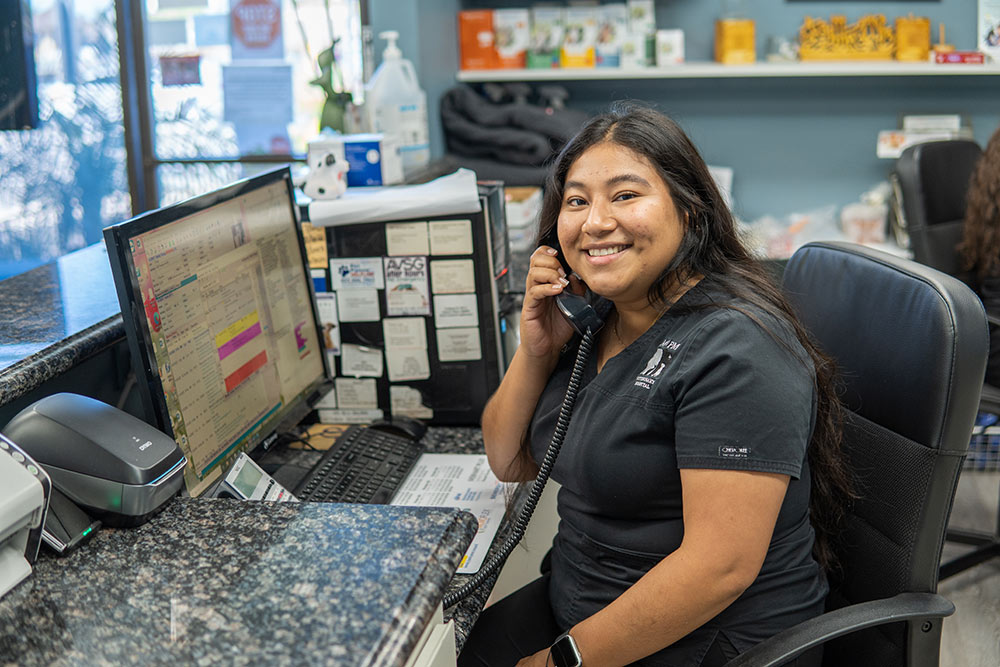Table of Contents
Americans’ love for their pets suggests a thriving pet industry, with pet spending more than tripling in the past two decades. According to the American Pets Products Association, Americans spend $30 billion per year on veterinary care and over-the-counter medicine and supplies. That’s on top of the $28 billion they spend on food and grooming.
Millennials, in particular, are attached to their pets. While fifty percent of the overall population has a dog, 75% of Americans in their 30’s have dogs; 51% of younger Americans own cats, compared to 35% of the overall population. So great is their affection, one psychologist suggests that pets are millennials’ replacement for children. Millennials are half as likely as their parents to be married, and since being a pet “parent” does not require a spouse, offers unconditional affection, and costs less than having a child, there is a certain logic to this theory.
All this suggests that the demand for veterinary clinics and services will remain strong for the foreseeable future. In fact, in rural areas, the shortage of veterinarians for large animals and food supply animals is so great that the National Institute of Food and Agriculture has implemented a loan repayment program for students specializing in these areas.
This is good news if you are considering selling your veterinary practice. However, even if a sale is several years down the road, early planning is critical. Here we present a few key factors for your review to ensure that your best interests, as well as the interests of your clients, are addressed.
Veterinary practice sale options
When looking for a prospective buyer, think broadly at the outset and don’t rule out any opportunities. Associates, industry peers, new contacts, corporations, or business partnerships created from a merger are all viable options. While there are pros and cons to each of these associations, you may not have to look far for a buyer. Associates have an existing knowledge of the business, which puts them in a distinct category so that the right business partner might be just a short walk down the hall!
Advantages of selling your practice to an associate
If you have worked with an associate for any length of time, it is likely that you share business and care-giving values. Further, your associates know your business, your clients (and their owners), industry peers and the vendors with whom you work, minimizing or eliminating their learning curve. An internal sale also offers continuity of services with minimal disruption to business operations, and assures clients that they and their pets will continue to be a priority.
There are also benefits for the associate buyer since an established business offers advantages over starting a new practice from scratch. An existing client base, desirable location and the peace of mind that comes from direct knowledge of the business are invaluable advantages. Further, purchasing a familiar business offers greater work-life balance. Starting a new business typically requires that the owner keep long hours and a strong, onsite presence to engage clients and staff. When purchasing a business from an associate, existing relationships and confidence in the ability of current staff allows the new owner greater flexibility with his or her schedule.
Additionally, purchase agreements between an owner and associate commonly offers seller-financing. This can benefit both parties: the buyer can have greater confidence in how the deal is structured based on the relationship with the seller; and the seller can continue to receive income after transitioning from the practice.
Challenges in selling to an associate
While there are many advantages of selling to an associate, the transaction is not without risks. Relationships will change with the purchase. Even among the closest friends and colleagues, the shift from owner to peer-employee, and colleague to the owner during the transition of the business will have an effect on all the parties involved, and possibly other staff members as well. While ultimately the relationship may grow even stronger, there will bumps along the way. Also, some people have difficulty separating the person from the business and, as such, may find it difficult to negotiate with a friend or associate. This may cause them to question whether their interests are best represented.
As an associate takes on the ownership role, issues that previously may not have been worth dealing with may take on greater personal importance. Such changes to the workplace or operational procedures, whether minor or significant, may cause friction within the practice as staff questions what else might be in store.
Plan your veterinary practice sale well ahead
Regardless of whether you sell to an associate or a corporation, preparation is critical. Start planning at least two years in advance with a valuation of your practice. Once you know how much your business is worth, you will have a better foundation for identifying the terms you want in a buyout agreement including price, financing, transition terms and so on. It is also a good idea to bring together a team of resources early on to guide you. This should include an accountant, lawyer, banker and mentors who may have had a similar experience.
Selling your veterinary practice is a big step. Having put so much of yourself into developing and growing your business, the conclusion of a sale extends well beyond a transfer of assets. Planning in advance, approaching like-minded potential buyers, and keeping an open mind will help ensure that the sale goes smoothly and that you and your clients benefit from the outcome.
Contact AmeriVet to discover all the advantages you will gain by partnering with us.
Written by: Michael Kemp, EVP, Business Development


